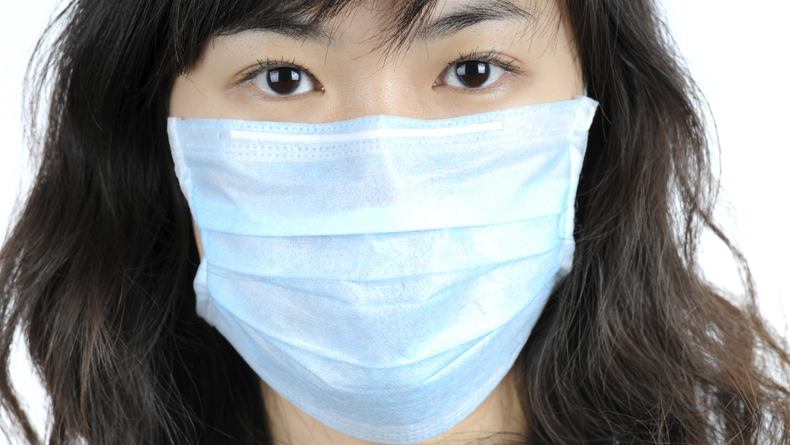Easy Japanese for Going to the Doctor
In our last article we studied some Japanese for emergency health issues. In this issue, you’ll learn some useful phrases and vocabulary for visiting a hospital or clinic.
Let’s start off with some basic vocabulary and kanji that you should know when visiting a clinic or hospital.
The first place to navigate to is the 受付 (uketsuke), or reception, where you can book an appointment. In general, Japanese hospitals issue you a card, which you would hand them at the reception each time you visit. If it’s a new month, they may ask you to submit your 保険証 (hokensho), or insurance card, as well. If it is your 初診 (shoshin), or first visit, most likely they will ask you to fill out a form and will issue you a card to keep for all subsequent visits.
Another word you should know is 診察 (shinsatsu), which means medical examination. Here’s how it is used:
1) 初診 (shoshin) Mentioned above, this refers to the first visit to a particular clinic or hospital. You may be charged a different fee and issue you an ID card to keep for your next visit.
2) 診察券 (shinsatuken) This is usually a plastic card used as your patient ID, which you keep for all visits to that particular hospital.
3) 診察室 (shinsatushitsu) This is the medical examination room where the doctor will see you.
4) 診察の予約をお願いします。 (Shinsatsu no yoyaku o onegaishimasu.) I’d like to make an appointment to see the doctor. (lit. Please give me a medical examination appointment.)
Now let’s look at some useful phrases you might use when explaining your condition to the doctor.
If something hurts use the word 痛い (itai). The easiest way is to point to your body part and say ここが痛いです (koko ga itai desu), or, it hurts here. Here are some more useful phrases:
頭痛です。 (Zutsu desu.) I have a headache.
ひどい咳がでます。 (Hidoi seki ga demasu.) I have a bad cough.
熱があります。 (Netsu ga arimasu.) I have a fever.
下痢です。 (Geri desu.) I have diarrhea.
便秘です。 (Benpi desu.) I have constipation.
吐き気がします。 (Hakike ga shimasu.) I feel nauseous.
めまいがします。 (Memai ga shimasu.) I’m dizzy.
よく眠れません。 (Yoku nemuremasen.) I can’t sleep.
Finally, the doctor will give you a prescription where you will probably hear or read the following words:
薬 (kusuri) medicine
痛み止め (itamedome) pain killers
風邪薬 (kazegusuri) cold medicine / cures
錠剤 (jouzai) tablets / lozenges
After your appointment, it’s common to pick up your medicine at the pharmacy, or 薬局 (yakkyoku), within the hospital. You may be surprised by the amount of drugs you are prescribed. Japanese doctors tend to be on the heavy side when it comes to dispensing drugs when compared with western countries. Be prepared!
Finally, you pay your bill at the 会計窓口 (kaikeimadoguchi), or payment desk, and you are done.
Last but not least, don’t forget お大事に (odaijini): please take care of yourself!
For more useful Japanese learning materials, including PDF cheat sheets and podcasts, please visit Learn Japanese Pod.













Leave a Reply